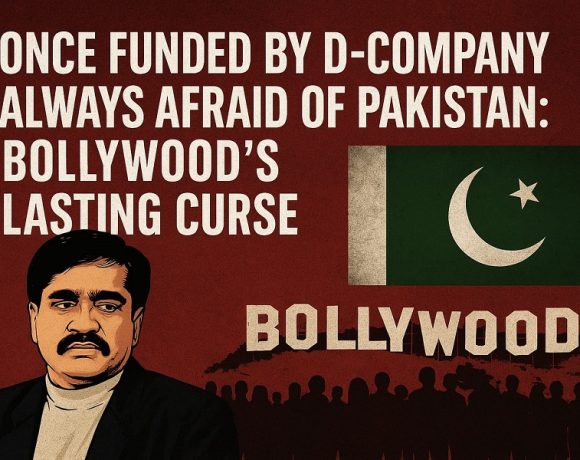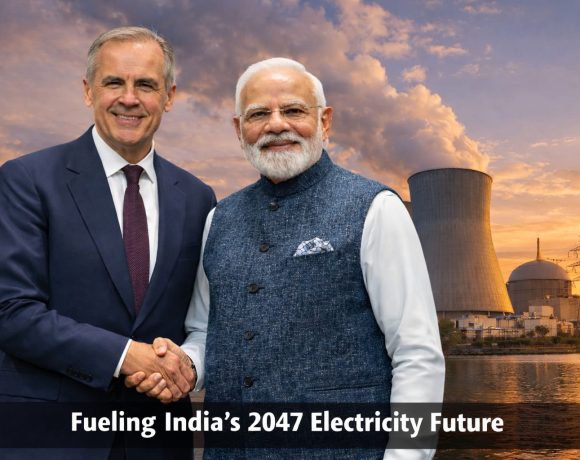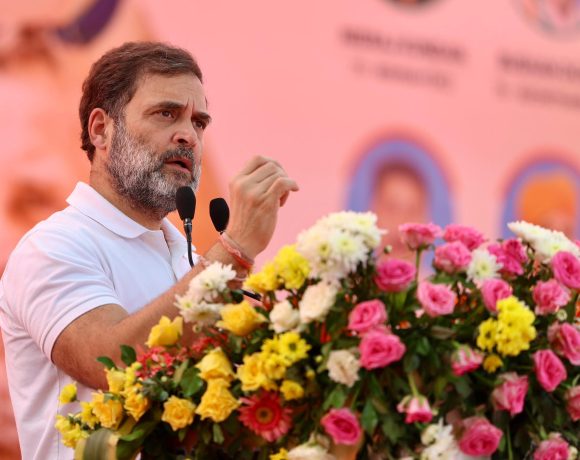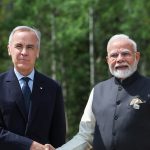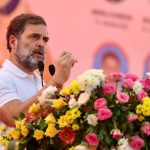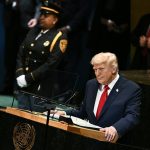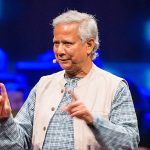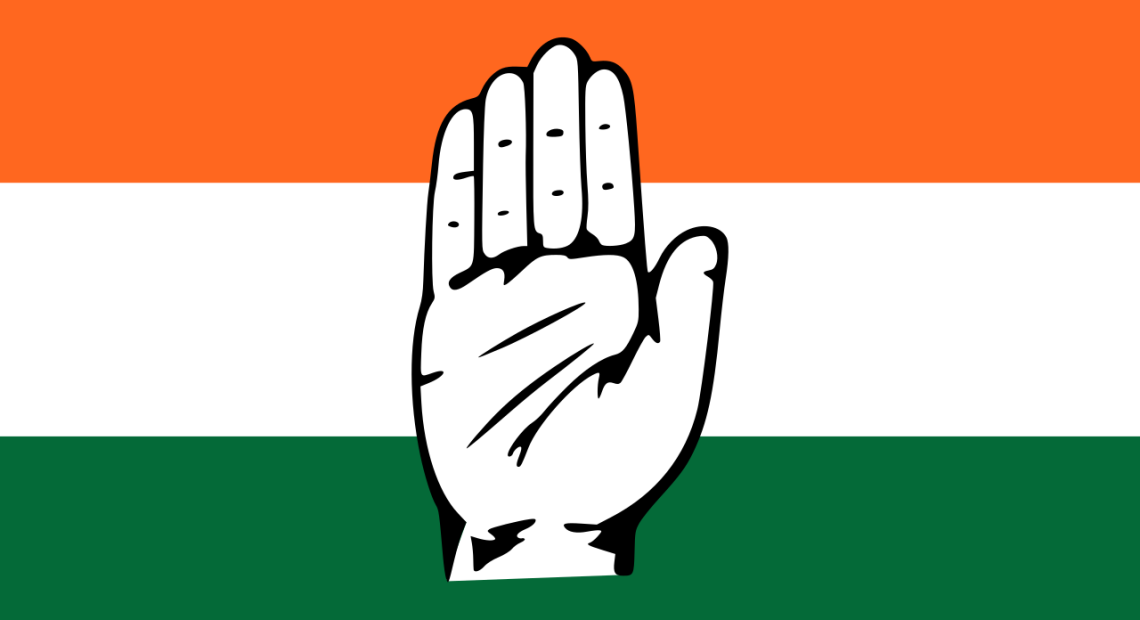
Free Pass for Power? How Weak Opposition Risks India’s Democratic Health
A democracy without a strong opposition is like a game without a referee—one side calls all the shots, while the other stands silent or fumbles helplessly. In India, the world’s largest democracy, this referee is limping, distracted, and often failing to blow the whistle when it matters most. The current opposition is not just weak; it is adrift, fragmented, and, at times, more interested in self-preservation than the nation’s wellbeing. Meanwhile, the ruling party gleefully seizes the opportunity to govern with scant scrutiny—a “free pass” that should worry every citizen who values democratic accountability.
Opposition parties are supposed to serve as the government’s watchdogs: scrutinizing policies, debating legislation in a structured manner, offering credible alternatives, and representing the myriad voices of a diverse nation. These are essential tasks, requiring unity, seriousness, and commitment to the public good. Unfortunately, much of the Indian opposition today seems to have forgotten these basics.
Take the Indian National Congress (INC), once the grand old party of the nation. Instead of reinventing itself as a vibrant, modern force, it remains trapped in the quicksand of family-centric politics. The party’s leadership style resembles a well-rehearsed soap opera, where promotions and choices are driven more by loyalty to the dynasty than merit or fresh ideas. This creates an environment ripe for psychophancy and discourages open debate, talent development, or engagement with the country’s evolving aspirations. It is almost as if the party’s internal slogan reads: “Keep the family happy, and the rest is negotiable.” The result? A once-mighty political force so diminished that it struggles to present a coherent national narrative or rally a united opposition front.
On the other hand, regional powerhouses such as the Trinamool Congress (TMC) and the Dravida Munnetra Kazhagam (DMK), among others, often behave like possessive tenants fiercely guarding their patch of turf. Their politics centers mainly on safeguarding their state-level fiefdoms, and they tend to project national opposition unity only when it serves their regional interests. National coherence? Collective opposition strategy? That sounds nice—but let’s not rock the boat unless it benefits the state party’s immediate electoral prospects. These regional parties, in their zeal to protect their kingdoms, often undermine broader opposition efforts, creating a mosaic of discord rather than a concerted front. One can almost hear the whisper in their meeting rooms: “Why fight national battles if it risks losing our state seat count?”
Misplaced priorities don’t end at dynastic politics or regional parochialism. The Parliament—the very seat of democracy—has too often become a stage for theatrics, boycotts, and disruptions. Rather than utilizing the august chamber as a forum for meaningful debate on pressing issues such as inflation, unemployment, public health, or education, opposition tactics have veered towards performative protests that stall legislation and frustrate the public. The grandstanding in the House has become more about grabbing headlines than crafting policies or holding the government to account. Instead of fighting fire with well-reasoned argument, the opposition frequently opts to douse the flame of democratic process altogether.
This dysfunction doesn’t just inconvenience the legislative calendar; it fundamentally weakens India’s democratic checks and balances. When Parliament’s scrutiny falters, laws glide through without due debate, enabling the executive to consolidate power unchecked. The government enjoys a “free pass” to implement its agenda with minimal resistance, while the opposition, busy squabbling or stage-managing protests, forfeits its constitutional role.
The stakes could not be higher. Democracy thrives on competition, contestation, and the contest of ideas. When opposition parties are factions obsessed with family loyalty or regional dominance, and when they obstruct rather than engage, the very fabric of democracy is at risk. Transparency dwindles, minority and dissenting voices grow marginalized, and citizens lose faith in democratic institutions.
So, what is the way forward? The INC must muster the courage to reform from within—casting aside dynastic privileges, championing internal democracy, and fostering new leadership energized by ideas rather than inheritance. Regional parties, for their part, should recognize that national challenges cannot be solved through state-centric maneuvering alone; they must balance local interests with a vision for the country’s collective future. Most importantly, all opposition players need to replace disruption with dialogue, symbolism with substance, and protest with proposals. It is time to engage with the nation’s core problems earnestly rather than treating parliamentary sessions as mere opportunities for performative dissent.
India’s democracy deserves more than an opposition that is content to be sidelined by internal politics and theatrical obstructionism. It needs a disciplined, visionary, and united opposition that robustly challenges power, champions alternatives, and respects the parliamentary process. Otherwise, the “free pass” enjoyed by those in charge today risks becoming a permanent pass that erodes the democratic ideals on which this nation was built.
In the end, opposition parties have a choice: continue clinging to entrenched loyalties and narrow interests and watch democracy weaken, or rise above these to reclaim their vital role in safeguarding India’s democratic health. The nation—and its future—cannot afford anything less.


